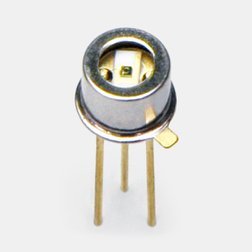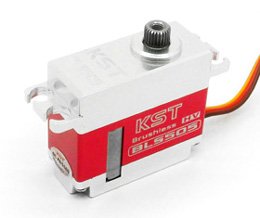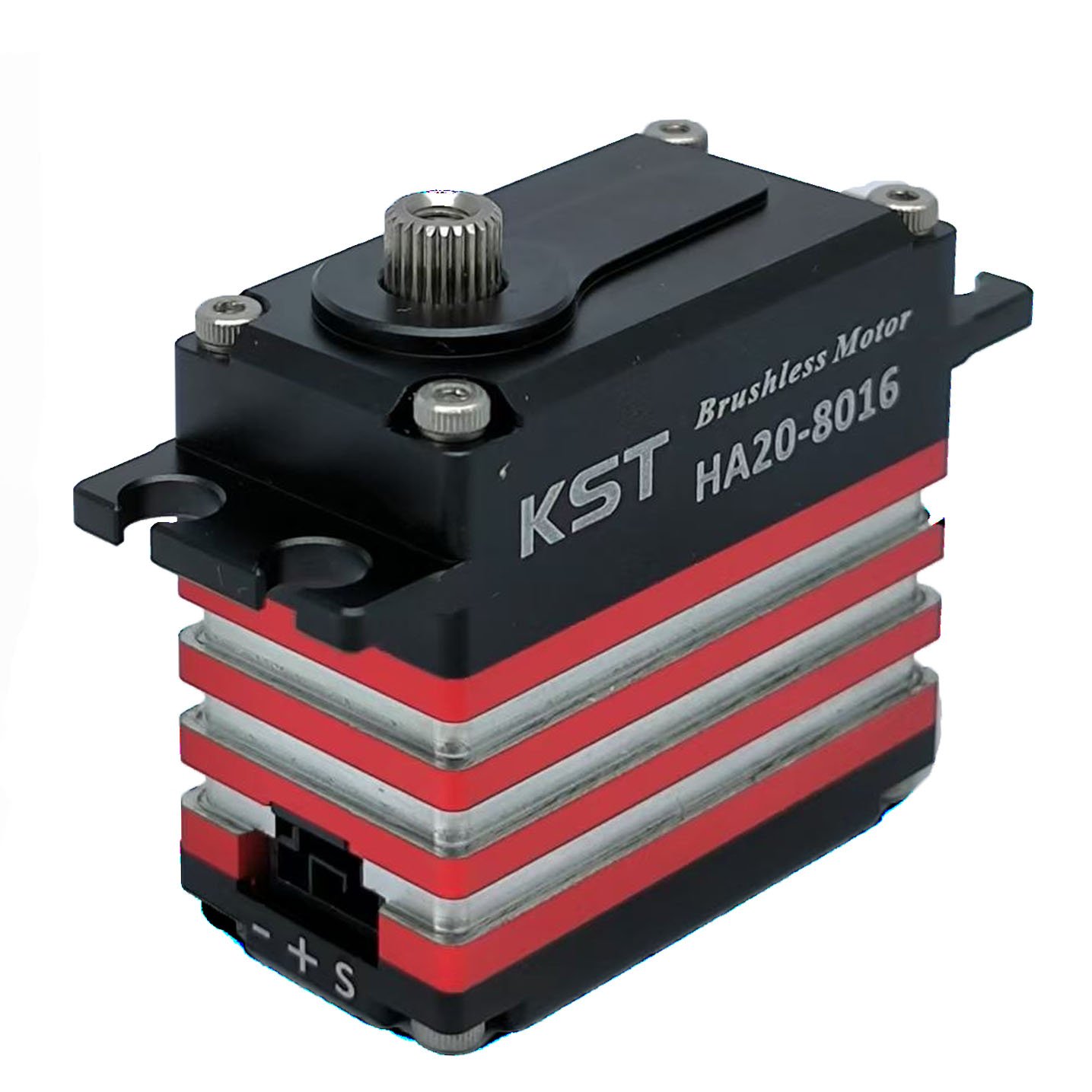Significance Of IC Chips
The history of IC chips begins in 1947, when the transistor was invented at Bell Laboratories by John Bardeen, Walter Brattain, and William Shockley. Since then, the transistor replaced bulky, power-hungry vacuum tubes and paved the way for miniaturization and improvement in electronics. Nowadays, IC chips provide benefits for more devices and technologies. Today, let’s get familiar with IC chips, and understand the significance of IC chips.
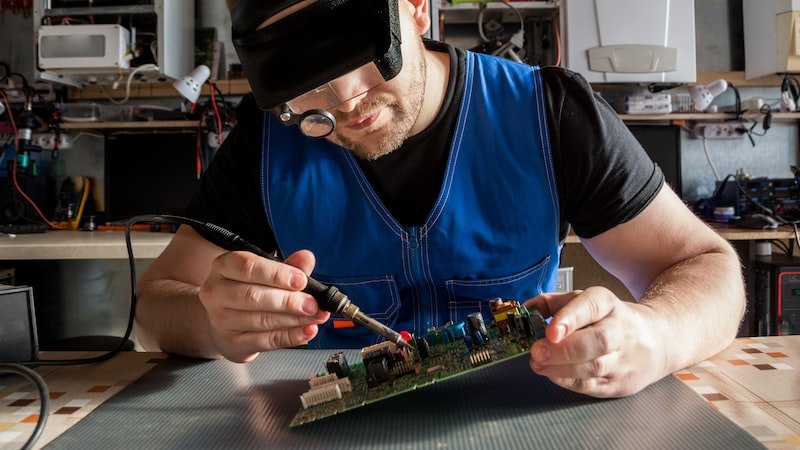
What are IC chips?
IC chips, or integrated circuit chips, are small electronic devices that contain many interconnected components, such as transistors, resistors, capacitors, and diodes, all fabricated on a single semiconductor wafer or substrate. These components are etched or deposited onto the semiconductor material, typically silicon, using advanced manufacturing processes.
With IC chips, electronic circuits can be miniature and make electronic devices smaller, lighter, and more portable. IC chips can contain various electronic components, such as logic gates, memory cells, amplifiers, and more.
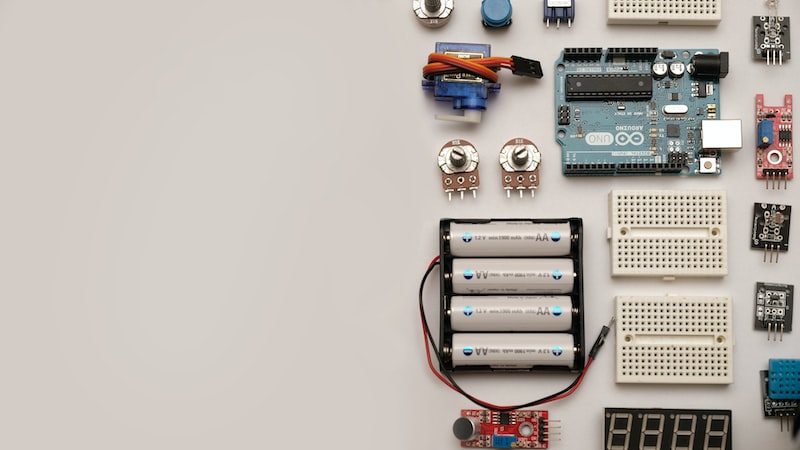
What are the types of IC chips?
As there are different numbers of electronic components, IC chips can be classified into different types and realize various functions. The 3 main types of IC chips are digital IC chips, analog IC chips, and mixed-signal chips.
Digital IC chips work with discrete digital signals. They include microcontrollers, microprocessors, memory chips, logic gates, and programmable logic devices (PLDs). Digital ICs are the building blocks of digital circuits and are used in computers, calculators, and various digital systems.
Analog IC chips are designed to work with continuous signals, such as analog voltage levels. They include components like operational amplifiers (op-amps), voltage regulators, analog-to-digital converters (ADCs), and digital-to-analog converters (DACs). Analog ICs are essential for tasks like signal conditioning, amplification, and analog sensor interfacing.
Mixed-signal IC chips combine both analog and digital circuitry, making them suitable for applications that involve both types of signals. Common examples include analog-to-digital converters with integrated microcontrollers (microcontrollers with embedded ADCs), used in applications like sensor interfacing and data processing.
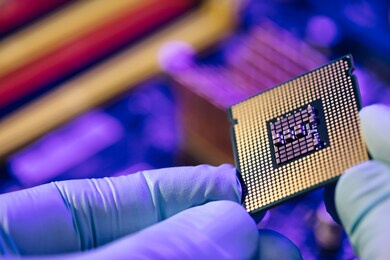
What are the functions of IC Chips?
Integrated circuit (IC) chips perform a wide range of functions depending on their design, complexity and intended application. Here are the key functions that IC chips can perform.
1. Signal Processing and Amplification;
2. Digital Logic and Computation;
3. Data Storage and Retrieval;
4. Analog Signal Processing;
5. Power Management and Regulation;
6. Communication and Connectivity;
7. Sensor Interface and Signal Conditioning;
8. Clock and Timing Generation;
9. Display Control and Driving;
10. Security and Encryption;
11. Motor Control and Actuation;
12. Microcontroller and Microprocessor Functions.
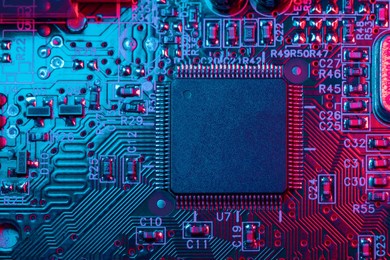
IC chips play a crucial role in modern electronics and are the foundation for a wide range of electronic devices, from simple household appliances to complex computers and smartphones. If you are interested in our IC chips, you can get instant quotes by filling out the form at your right.










